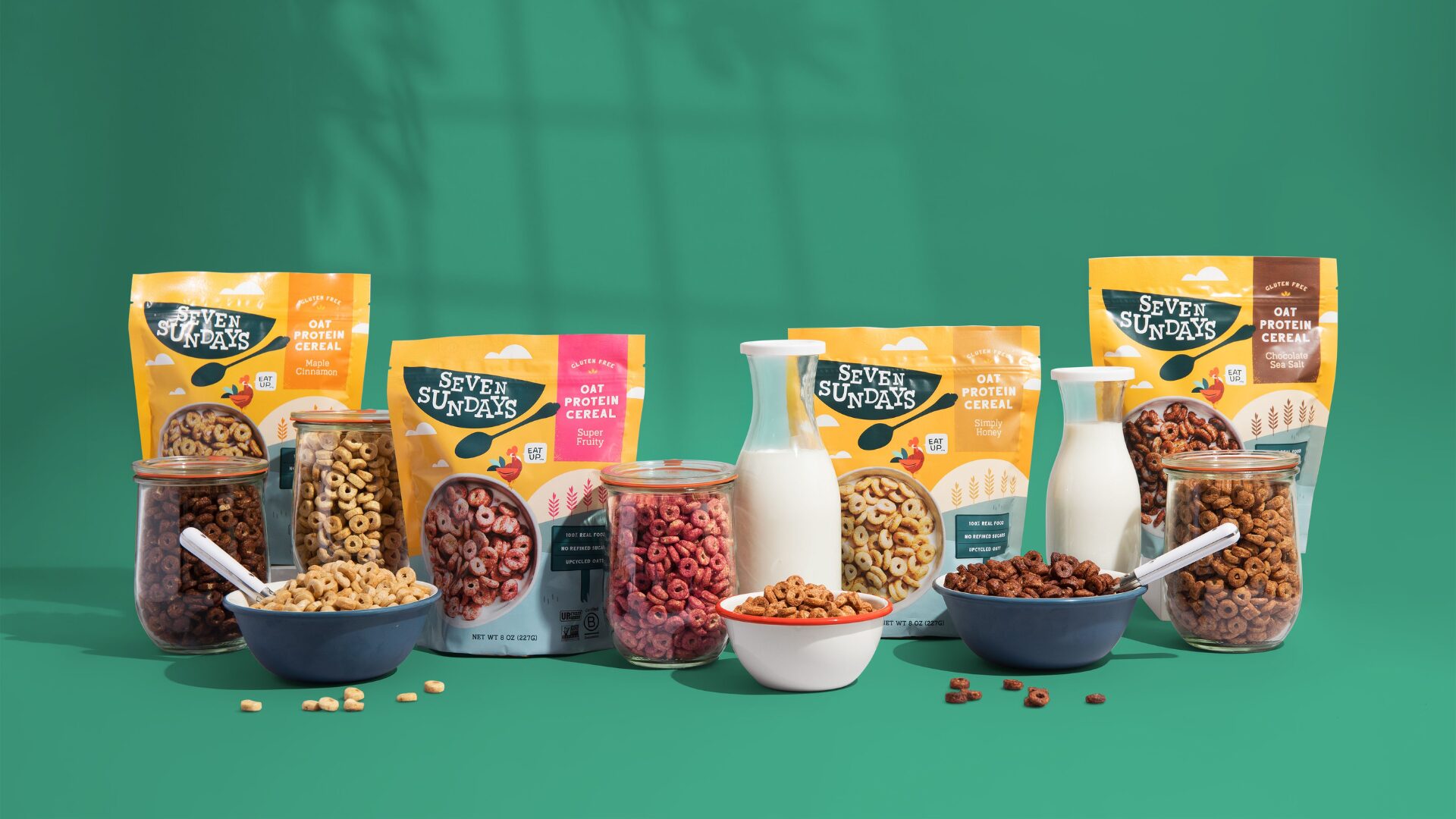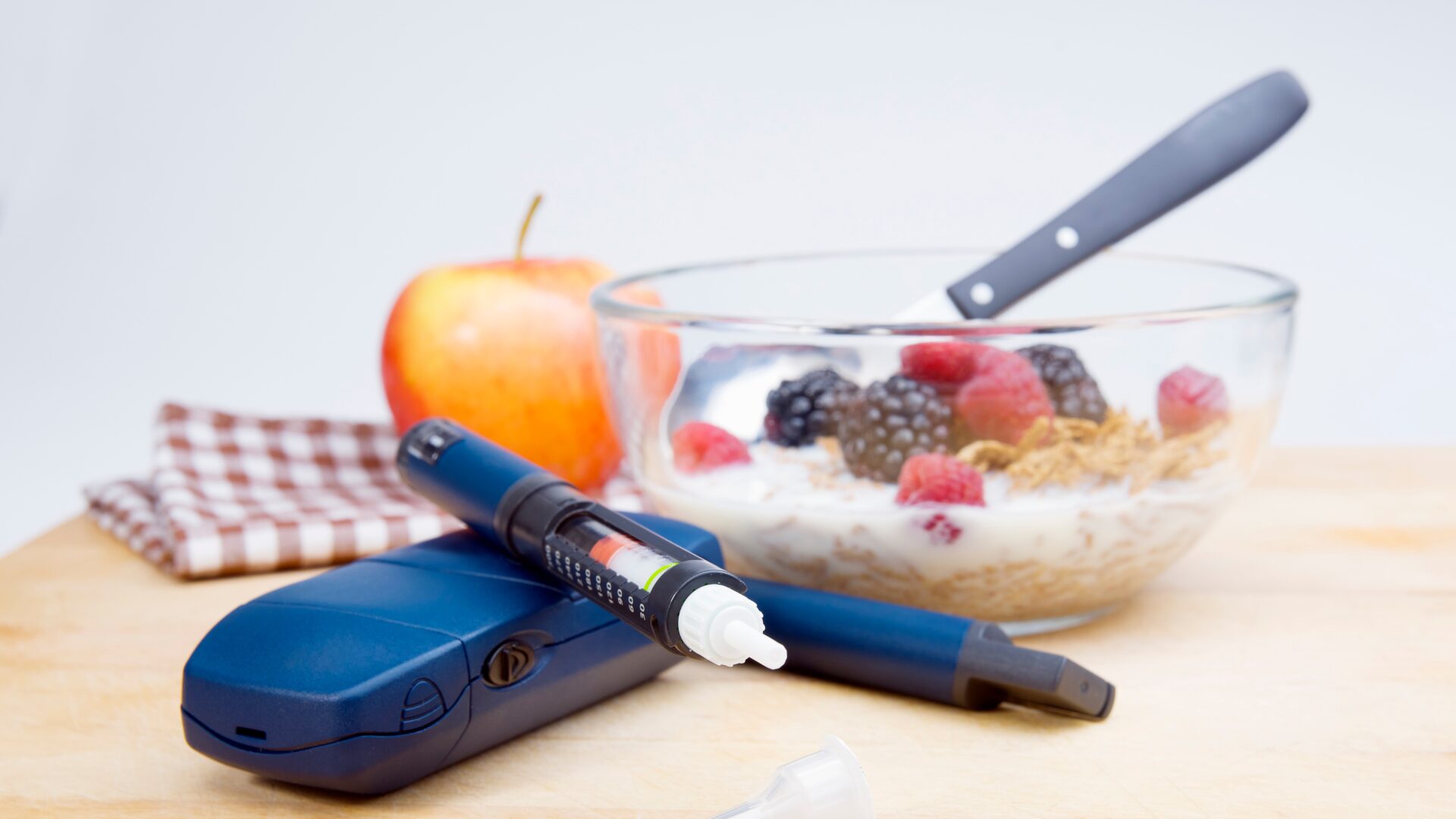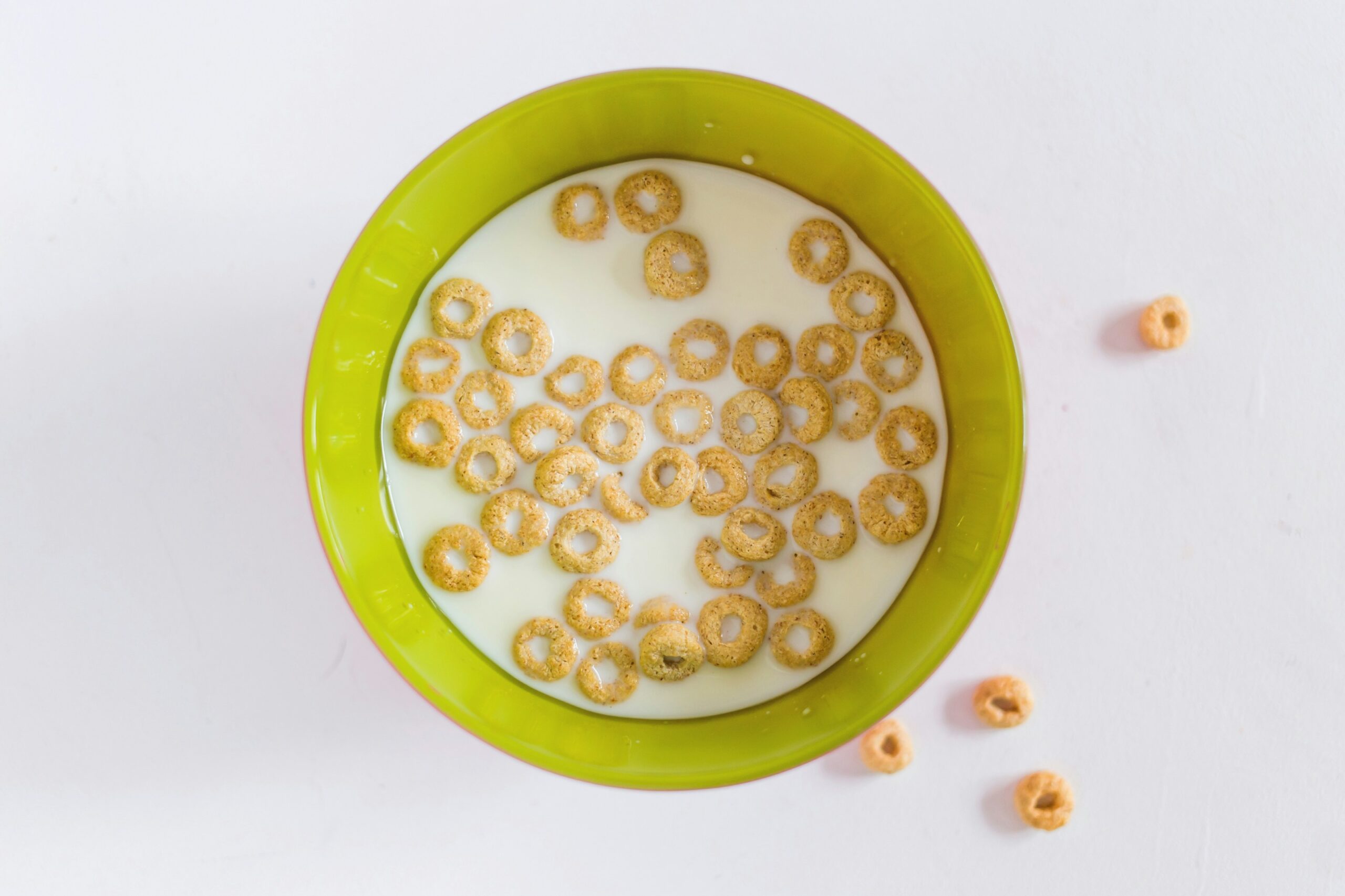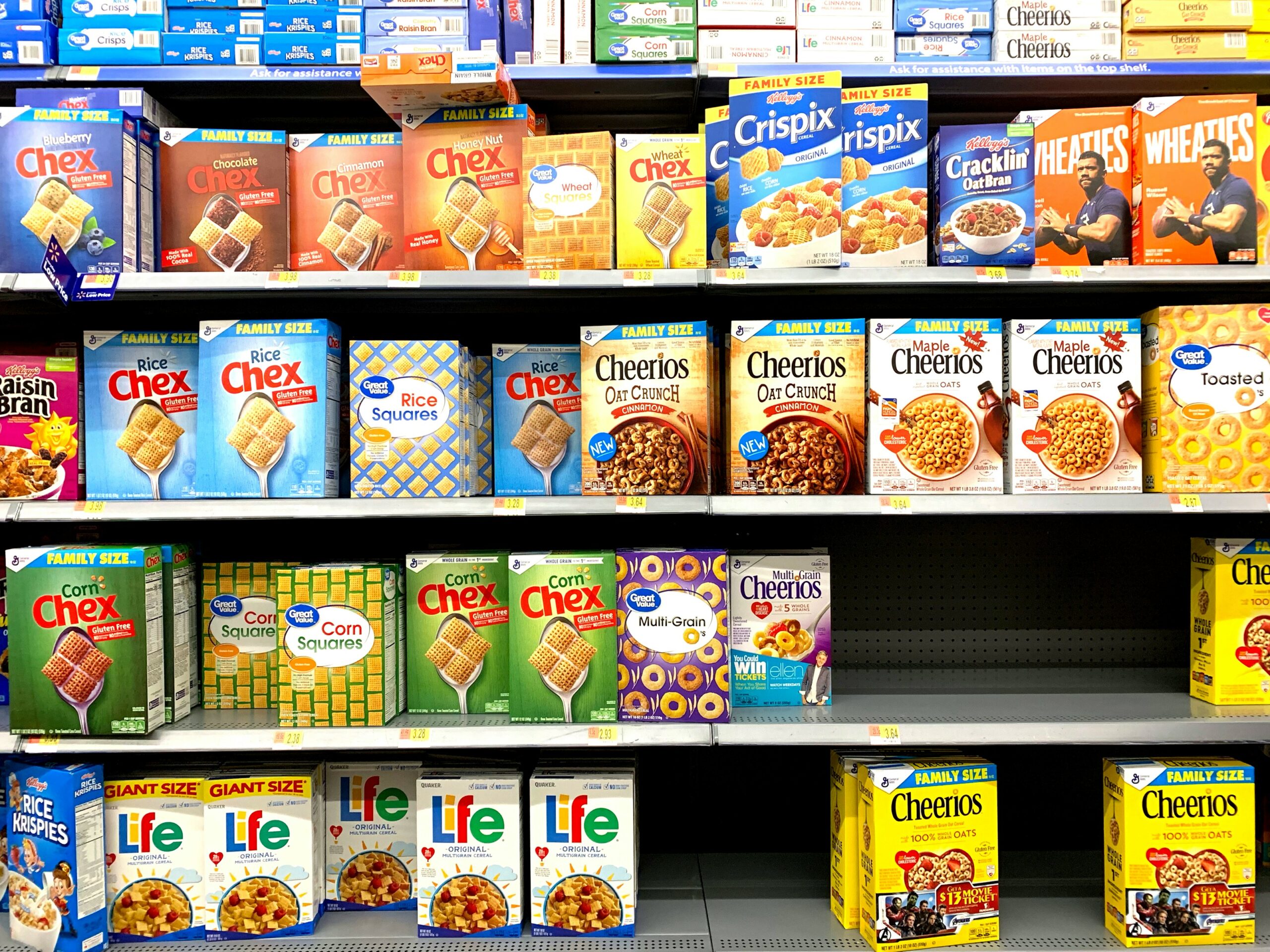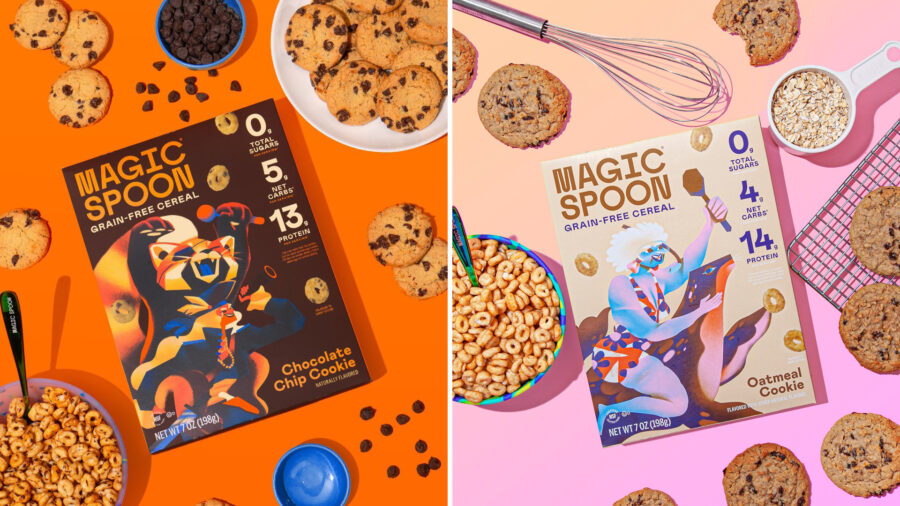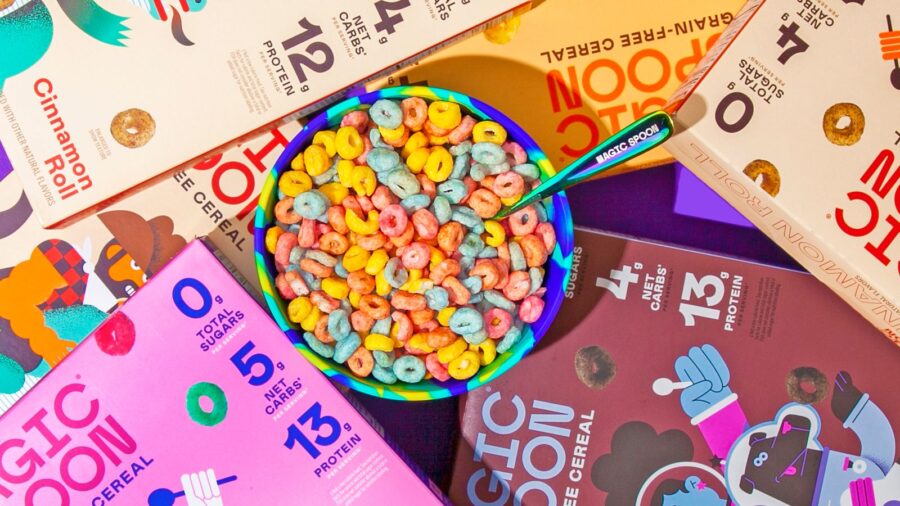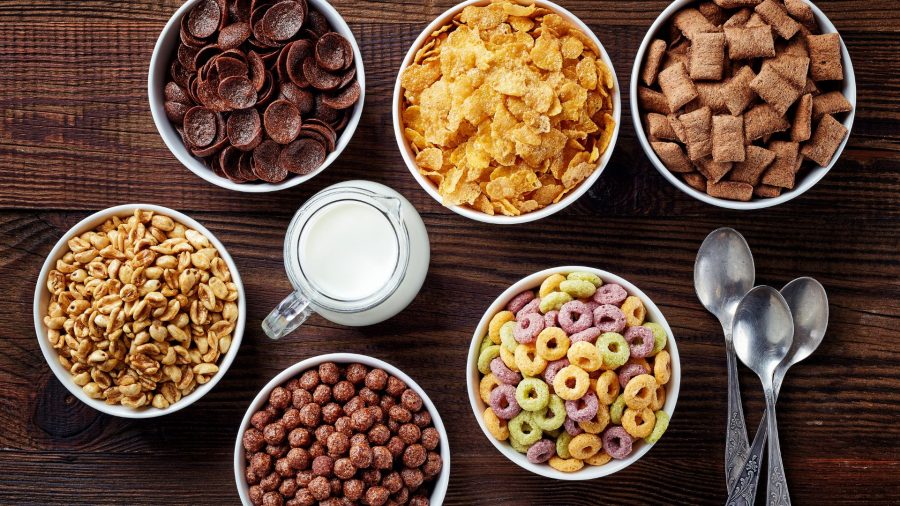Hannah Barnstable, the CEO of the Seven Sundays brand, isn’t offended when people say the cereal category is dying. “I actually agree with that,” she said.
Barnstable, who co-founded Seven Sundays 12 years ago with her husband, Brady, said cereal “has kind of steadily been dying. That’s what happens when you have three large companies battling for share. It’s a bit of a race to the bottom. You’re cutting corners, everyone’s trying to push margins.”
The bright side, the CEO said, is that cereal still represents a massive global market worth $39.6 billion per Grand View Research, with a high household penetration.
“The concept of cereal is still widely loved,” Barnstable said. “People love to be able to pour that bowl. It’s quick, it’s relatively nutritious, it’s convenient. Whole families will eat it.”
The keys to surviving as a cereal brand these days are to provide unique, healthier-for-you products according to the leadership of Seven Sundays, which is based in suburban Minneapolis.
“Consumers are going to continue to educate themselves on what foods they’re eating and how that impacts their long-term health – Covid catapulted that topic,” Barnstable said.
“At the same time, Big Food keeps forcing quality and things downward. So, all that needs to happen is innovation in the aisle.”
Seven Sundays has significantly grown its business three years in a row, Barnstable said, which she attributes to “the consumer desperately wanting something different in the [cereal] aisle.”
The Barnstables want their customers to start their morning right, with food that fuels them for hours. Their product labeling touts “no refined sugar” and “no artificial flavors.” Seven Sundays cereals like Maple Sea Salt have a rather short ingredient list: cassava, sunflower protein, maple syrup, coconut oil, dates, maple sugar, vanilla extract, and sea salt.
The brand has a focus on “real food,” according to its CEO. Of course, it’s not cheap to make upcycled-certified cereal.
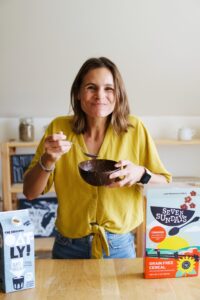
Barnstable is passionate enough about her job that she rises before 5 a.m. most days. Even after 12 years spent leading a brand in a challenging sector, she remains inspired to produce cereals that provide fun, “Sunday morning vibes.”
She’s happy to chart her brand’s path while General Mills, Kellogg, and Quaker travel in a mostly different direction.
“I’m not worried about the cereal aisle long term,” Barnstable said. “We just need to get more people thinking outside the box – no pun intended – to create products that fit a newer consumer.”
The Food Institute Podcast
In the fast-paced and highly regulated world of manufacturing, especially within the food and beverage industry, maintaining stringent hygiene standards is not just a best practice—it’s a necessity. Steve Voelzke, president of Robroy Industries’ electrical products division, explored why it’s essential to adopt a holistic approach and how this approach can significantly lower the risks of product recalls.


